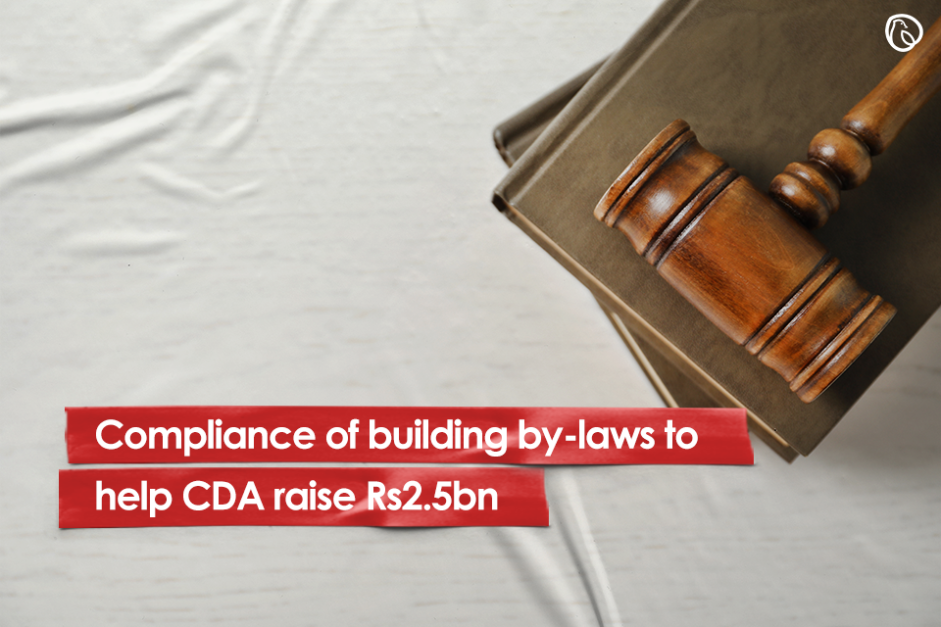
ISLAMABAD: Commercial areas located in the sectorial premises of Islamabad are slated to aid the Capital Development Authority (CDA) in generating about Rs2.5 billion through compliance of building by-laws.
To that end, the Building Control Directorate-I conducted a comprehensive survey of the violations carried out by the commercial buildings in question and classified them under compoundable and non-compoundable violations categories.
The projected revenue is expected to be raised by fining commercial premises in the compoundable category, while the buildings in the non-compoundable category may be subjected to strict action, including demolishing or removal of violations.
The compoundable category encompasses buildings that have been constructed without obtaining requisite approvals or completion certificates, as well as buildings whose owners possess approvals for a certain number of floors but have constructed more. Additionally, other violations that can be covered under fines also qualify as compoundable violations.
According to a CDA press release, data has been collected and compiled after the inspection of over 3,000 commercial premises in Blue Area, Marakiz, Class-III markets, I&T Centres and petrol pumps.
Subsequently, the CDA has initiated the issuance of notices and show-cause notices to the owners of the buildings that fall under both categories.
For more news and blogs, visit Graana.com.
Lahore, April 23, 2025 – The city of Lahore has successfully completed the construction of…
ISLAMABAD, Pakistan – April 23, 2025 – Chaaye Khana, Pakistan's popular cafe renowned for its…
ISLAMABAD: Prime Minister Shehbaz Sharif laid the foundation stone for the Murree Road underpass on…
DUBAI: Pakistani real estate developers and representatives showcased a range of commercial and residential investment…
ISLAMABAD: Capital Development Authority (CDA) is currently undertaking a major Rs652 million project to upgrade…
Karachi – Mayor Barrister Murtaza Wahab has announced the launch of a citywide anti-encroachment operation…